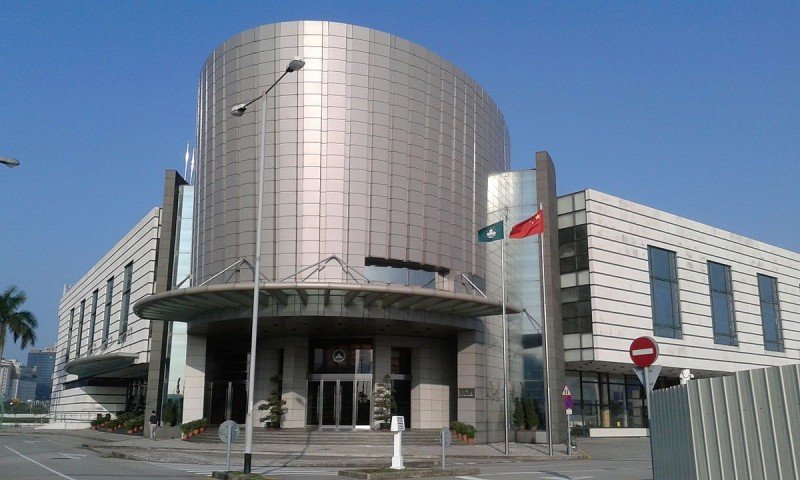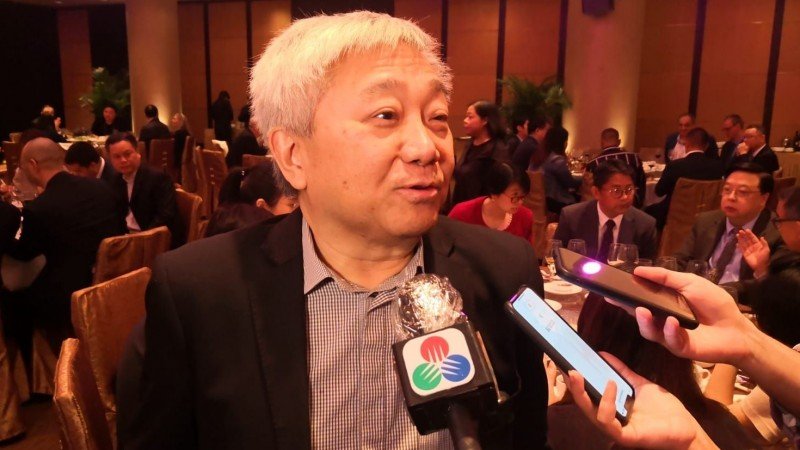Macau gambling bill moves forward amid satellite casinos, executives' nationality concerns

Evaluation of a bill seeking to amend Macau’s gaming law has continued this week in the city’s Legislative Assembly (AL). Following a first reading and approval of a draft by the AL in January, and after the finalization of the Chinese New Year holiday, discussions are now being held in the Standing Committee, with a total of four meetings scheduled for this week alone.
Concerns over the backgrounds and nationalities of managing directors of casino operators dominated part of the gaming law amendment discussions. The committee, led by legislator Chan Chak Mo, is set to question the government on the standards for casino administrators, including whether those holding dual nationalities are eligible for the positions.
“We are going to ask the government what the scope in management power of this delegated administrator is and [their] suitability,” said Chan, according to TDM Radio. “There is also the question of nationality: whether or not dual nationality is allowed, since the role of delegated administrator is intended for permanent residents of the Macau Special Administrative Region.”
The bill proposes that the managing director of a casino operator, in addition to being a Macau permanent resident, must now hold at least 15% of the concession entity’s share capital. The requirement is up from 10% under the current gaming law framework.
Legislator Chan Chak Mo
But the government is also proposing an increase to the minimum share capital requirement for casino concessionaires to MOP5 billion ($625 million), which would imply a managing director to have MOP750 million in share capital ready. “There are questions on who in Macau has that financial capacity,” Chan added.
Chan also expressed concerns over the patriotism of senior executives of casino operators, reports Macau Daily Times. Discussions on Monday not only covered the dual nationality issue, but also whether there will be a test of whether they are “patriotic” and their attitude to the Chinese motherland, in addition to their experience in their industry.
Last month, during the first reading of the law amendment, most lawmakers showed concern about the termination of “satellite casinos” in the world’s largest gaming hub. These are venues that are not located in premises owned by the gambling concessionaires operating in Macau, and about 20 of them currently exist in the city.
The bill includes a requirement that any casino operating in Macau will have to be established in an asset that is owned by a gaming concessionaire. This would, in turn, imply the current satellite casino system would have to be halted, as it would be non-compliant.

The issue led labor association representatives to show concerns over the possible impact on the labor market should satellite casinos close, which employ at least 7,000 people. According to lawmaker Lei Leong Wong, counting supporting staff in, the figure “may reach 15,000.”
However, Chan Chak Mo admitted on Monday the committee does not know and can’t properly assess the situation of each satellite casino currently active in the city since they operate on a varied number of premises, including commercial and residential buildings, as well as in hotels.
Satellite casinos are controlled by independent investors, who lease on the gaming license of existing concessionaires. A three-year transitional period is to be granted under the proposed bill for entities responsible for properties holding casinos operating under service agreements to create “closer ties” to any one of six concessions to be granted in the future.

However, thus far, the issue remains cloudy: no further details are provided in the law on how a transfer of assets would take place. On Monday, Chan said legislators have submitted “many inquiries” to authorities on whether the three-year transitional period could be extended, the impact of the closure of satellite casinos, and whether the sector could join forces for a united bid for one gambling license, reports Macau Business.
The cited news source further says Chan indicated he had suggested for legislators to wait for government representatives to respond to the doubts raised so far before submitting more opinions. The next AL committee session on the gaming law amendment is scheduled for Wednesday.
The Legislative Assembly is expected to give a final reading to the bill by June 26 this year, according to Chan. That is the same date of expiry for the city’s six gaming concessions. All existing or potential operators will apply through a new tender process. It has not been disclosed when operators will have to bid or whether the current license term will be extended.


















































